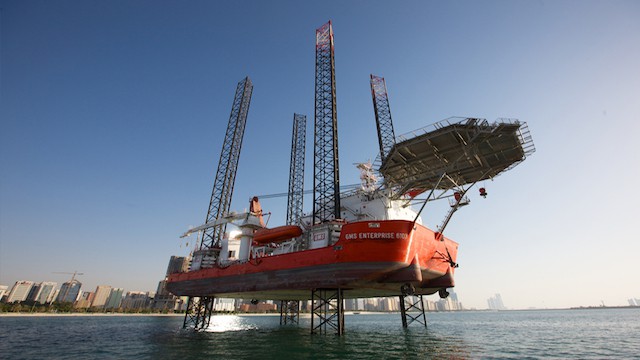Shares of sausage casing maker Devro (LSE: DVO) are down roughly 35% in the past year as the company’s ambitious expansion plans went off the rails and debt levels came dangerously close to breaching banking covenants. But with both of its new factories fully operational, and cash flow higher, I think now could be a great time for investors to take a closer look at the stock.
A steady competitive advantage
One of the main reasons I like the business is that the global market for sausage casings is quite attractive from an investing point of view. Global demand is steadily growing at 2%-4% and there is only a handful of competitors making the more reliable and higher margin collagen casings that Devro produces. This gives the company a steady competitive advantage.
Looking ahead, Devro will also be gaining a leg up, as its two brand new factories in the USA and China are now producing products at much lower cost than the decades-old factories they replaced. While there were teething issues with unexpected cost overruns and problems producing the correct products these issues are being worked out.
Furthermore, the company’s debt should now be less of a problem. With factory investments completed capital expenditure will be falling , and operating costs are set to fall due to the more automated factories. Cash flow is still impressive with underlying operating cash flow of £64m in 2016 on £241m in revenue. Net debt of £156m, or 2.7 times EBITDA, remains high but is still below covenant limits of 3x EBITDA, and should decrease in the coming quarters.
Devro has had its troubles in the past year, but with an attractive competitive environment, a management team with a long history of increasing sales, and profits still strong I think the company is primed for a successful turnaround. Add in a low valuation of 13.6 times forward earnings and a 4.7% yielding dividend and now could be a great time to begin a position.
To good to be true?
A potential bargain option for the more risk-hungry investor may be maker and operator of offshore oil & gas platform support vessels Gulf Marine Services (LSE: GMS). Shares of the company have collapsed by more than 45% over the past two years, thanks to a major fleet expansion that was completed just as oil prices collapsed on 2014.
Hindsight being what it is, this expansion looks to have been poorly timed, as it left the company with a whopping $362m in net debt at the end of 2016. This is a not insignificant sum for a company whose revenue in the same year was only $179.4m.
The good news is that once ships are in service GMS’s EBITDA margins are a very substantial 60%. This means adjusted EBITDA last year was a full $106.8m and left net debt a high, but manageable, 3.4 times EBITDA — its debt covenants allow a maximum of 5x. And with the new-build programme complete the company expects net debt to peak at around $375m in Q1 and fall quickly to around $335m at year-end.
The company’s ability to successfully execute this debt reduction plan will depend on keeping fleet utilisation rates at or above their current 70%. If GMS’s mainly Middle Eastern customers continue to pump oil at prodigious rates they may be able to pull this off. That would mean investors could find the firm’s shares a bargain at their current valuation of only 7 times forward earnings.








